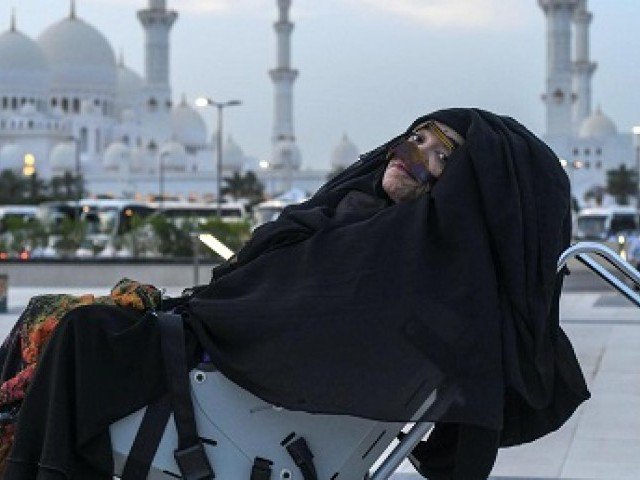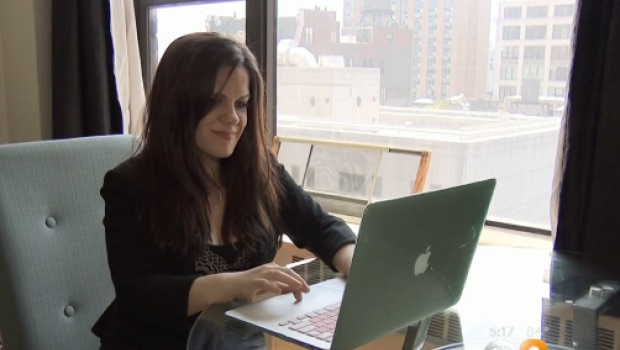A woman has regained full consciousness after 28 years in a vegetative state.
Munira Abdulla suffered a severe brain injury a car crash in the United Arab Emirates (UAE) in 1991 – when she was 32.
For years there were no signs she would ever wake up.
But in 2017, she was transferred to Germany and treated with physical therapies and drugs – then last year started to show signs of responsiveness.
“I never gave up on her because I always had a feeling that one day she will wake up,” her son Omar Webair told The National newspaper.
He was just four when a school bus ploughed into their car in the city of Al Ain as his mother hugged him to protect him.
Mr Webair only suffered only minor wounds, but his mother had a brain injury that was left untreated for hours.
She was eventually taken to hospital, then transferred to London for specialist treatment. Doctors declared her to be in a minimally conscious state; similar to a coma but receptive to pain.
Ms Abdulla was then sent to the UAE, where for years she was fed through a tube and provided with physiotherapy to stop her muscles deteriorating.
In 2017, Mohammed bin Zayed, the crown prince of Abu Dhabi, offered to pay for specialist treatment in Germany, Mr Webair said.
There, doctors prioritised physical therapies and gave her drugs to improve her wakefulness and sleeping patterns.
“Our primary goal was to grant her fragile consciousness the opportunity to develop and prosper within a healthy body, just like a delicate plant which needs good soil to grow,” Dr Ahmad Ryll, a neurology specialist who treated Ms Abdulla, told the UAE-based newspaper.
Mr Webair said the treatment appeared to make his mother more responsive, and a year later, in June 2018, a row in her hospital room “caused her a shock”.
“She was making strange sounds and I kept calling the doctors to examine her, they said everything was normal,” he added. “Then three days later I woke up to the sound of someone calling my name. It was her! She was calling my name, I was flying with joy; for years I have dreamt of this moment, and my name was the first word she said.”
Ms Abdulla has continued to become more alert, and is now able to hold a conversation, recite prayers and tell people when she is in pain.
She is now back in Abu Dhabi with her family, where she continues to receive treatment.
“The reason I shared her story is to tell people not to lose hope on their loved ones; don’t consider them dead when they are in such a state,” Mr Webair said. “All those years the doctors told me she was a hopeless case, and that there was no point of the treatment I was seeking for her, but whenever in doubt I put myself in her place and did whatever I could to improve her condition.”













